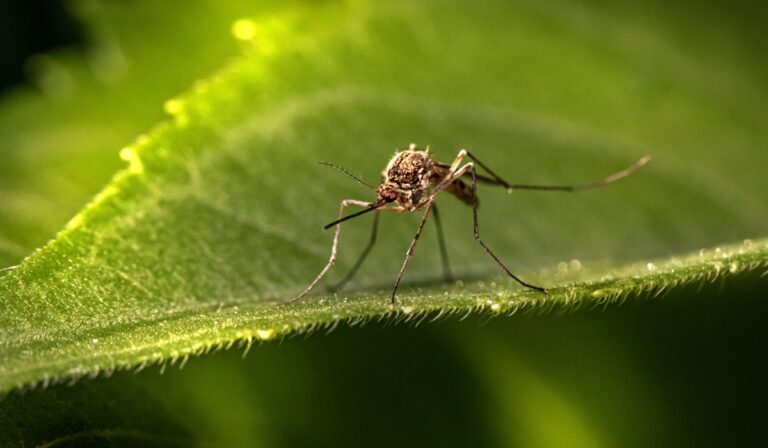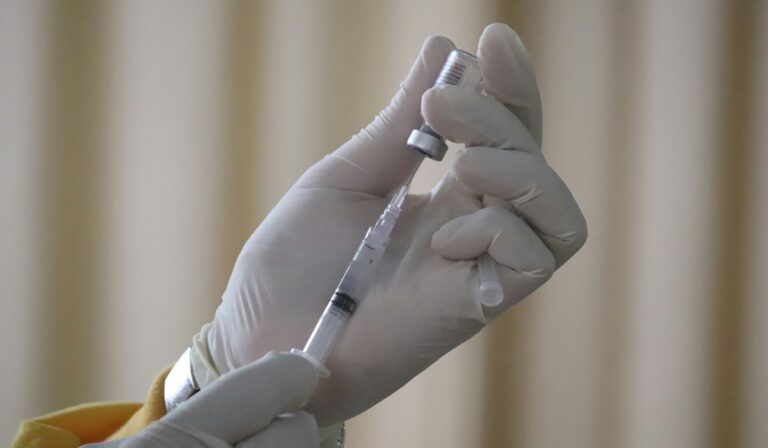New types of mosquito bed nets could cut malaria risk by up to half, trial finds
Nets treated with two types of insecticide rather than one were trialed in 17 African countries where malaria is endemic between 2019 and 2022. During clinical trials when a net was coated with the insecticides pyriproxyfen or chlorfenapyr, alongside pyrethroid, malaria transmissions were reduced by between 20% and 50%. More than 600,000 people died from malaria in 2022 and 249 million people were infected, according to the latest data from the World Health Organization.
New types of mosquito bed nets could cut malaria risk by up to half, trial finds Read more










